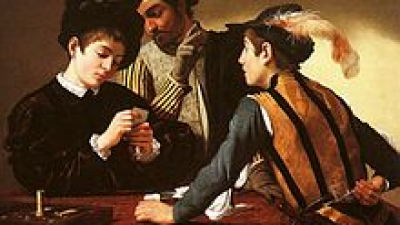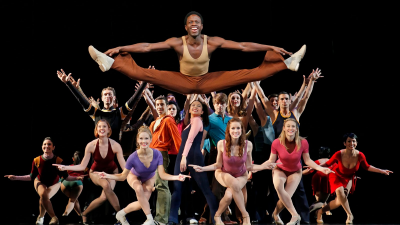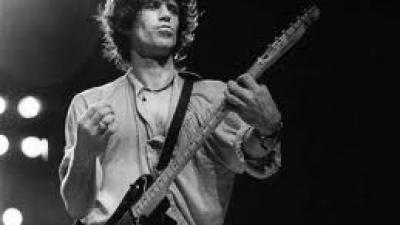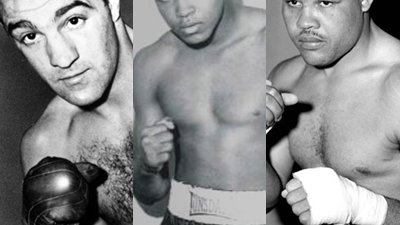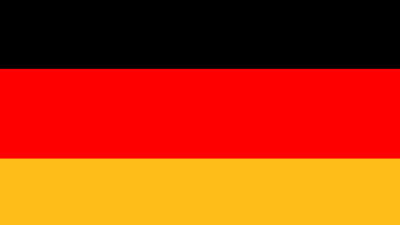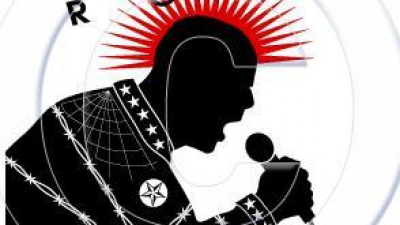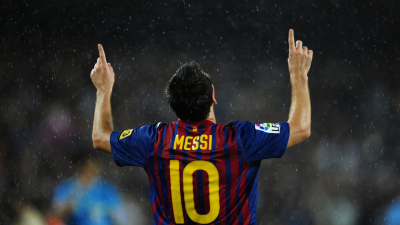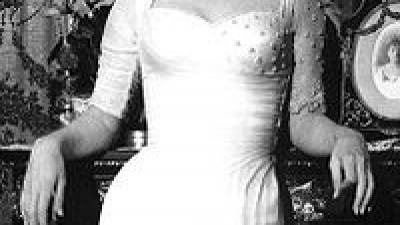The best philosophers in history
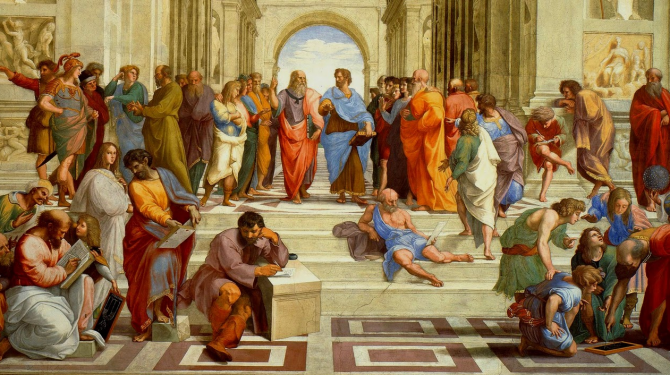
Source: listas.20minutos.es
Philosophy is the love of wisdom, the essence of knowledge and one of the most important humanistic sciences, here are the best philosophers in history
TOP 18:
Richard Rorty (1931-2007)
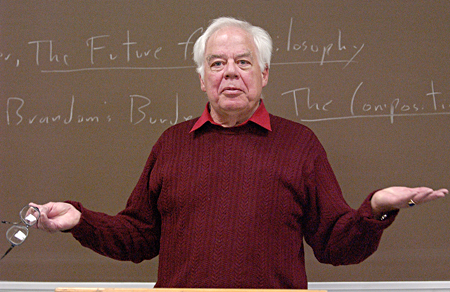
Rorty attended Yale University. He spent the beginning of his career trying to reconcile his beliefs and personal interests with the platonic search for truth. In his doctoral dissertation, The concept of Potentiality and in his first book (as editor), The Linguistic Turn (1967), the analytical mode prevailed. However, he gradually became aware of the American philosophical movement known as pragmatism, particularly with the writings of John Dewey, as well as with the remarkable work done by post-analytical philosophers such as WVO Quine and Wilfrid Sellars, who produced a change in his thought. Pragmatists generally argue that the importance of an idea must be measured by its usefulness or effectiveness in dealing with a given problem. This notion refers, especially, to William James, who, in his book Pragmatism, established that ideas should be considered not as valid in themselves but as "guides to action." William James's position meant a great change within Western thought. Its fundamental premise is "integralism." James affirmed (around 1906) that Western philosophy had only lived going from one extreme to another in the understanding of existence: from Parmenides (as something always static) to Heraclitus (as something always changing), from Aristotle (with his insistence on the material as a criterion of truth) to Plato (with his insistence on ideas as a parameter of truth), from Hegel (with his idealism) to Comte (with his materialism). And so without ever achieving a measured conception of existence, where the changing and the stable, the material and the abstract, will harmonize.
TOP 17:
San Anselmo (1033-1109)
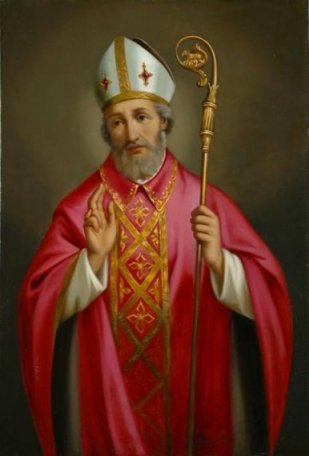
He is also known as Anselmo de Aosta, for the place where he was born, or Anselmo de Bec, if the population where the monastery of which he became a prior was located is served. He was a Benedictine monk who served as archbishop of Canterbury during the period 1093-1109. He stood out as a theologian and scholastic philosopher. Doctor of the Church. As a theologian, he was a great defender of the Immaculate Conception of Mary and as a philosopher he is remembered, in addition to his famous ontological argument, for being the father of scholasticism. He was canonized in 1494 and proclaimed Doctor of the Church in 1720.
TOP 16:
Edmund Husserl (1859-1938)
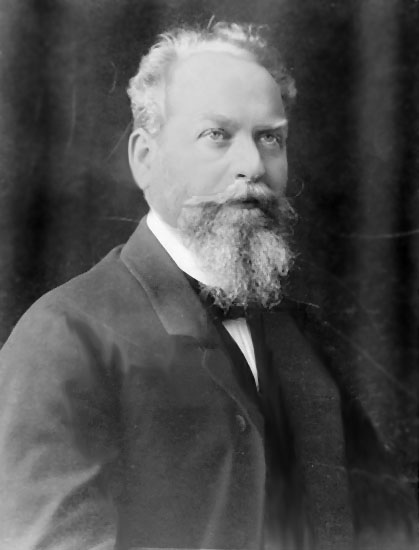
Austrian philosopher, disciple of Franz Brentano and Carl Stumpf, founder of transcendental phenomenology and, through it, of the phenomenological movement, one of the most influential philosophical movements of the twentieth century and still full of vitality in the twenty-first century. Among his first followers in Göttingen are Adolf Reinach, Johannes Daubert, Moritz Geiger, Dietrich Von Hildebrand, Hedwig Conrad-Martius, Alexandre Koyré, Jean Hering, Roman Ingarden, and Edith Stein. He also had influence on Max Scheler, Martin Heidegger, Jean-Paul Sartre, Maurice Merleau-Ponty, Alfred Schutz, Paul Ricoeur, Jan Patočka, José Ortega y Gasset, Michel Henry, Antonio Millán-Puelles, José Gaos, Eduardo Nicol and, with later, mainly through Merleau-Ponty, the Husserlian influence would reach Jacques Lacan and Jacques Derrida. Through Scheler and Ingarden also influences the philosophy of Karol Wojtyła, future John Paul II. Hermann Weyl's interest in intuitionist logic and unpredictability, for example, seems to come from contact with Husserl.
TOP 15:
Jacques Derrida (1930-2004)
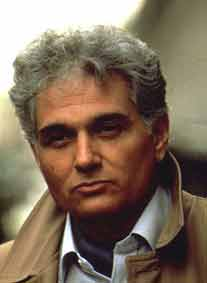
French citizen born in Algeria, is considered one of the most influential contemporary thinkers and philosophers. His work has been popularly known as deconstruction thinking, although this term did not occupy an exceptional place in his work. The revolutionary of his work has made him be considered the new Immanuel Kant by the thinker Emmanuel Lévinas and the new Friedrich Nietzsche, according to Richard Rorty.1 He is, perhaps, the thinker of the late twentieth century who has raised more controversy, for his Iconoclasia and for its critical commitment. To some extent, he managed to realize the Nietzschean dream of the philosopher-artist
TOP 14:
Blaise Pascal (1623-1662)
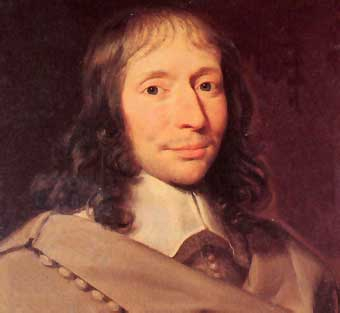
He was a mathematician, physicist, Christian philosopher and French writer. His contributions to mathematics and natural sciences include the design and construction of mechanical calculators, contributions to the theory of probability, research on fluids and the clarification of concepts such as pressure and vacuum. After a deep religious experience in 1654, Pascal abandoned mathematics and physics to devote himself to philosophy and theology.
TOP 13:
Santo Tomas (1225-1274)
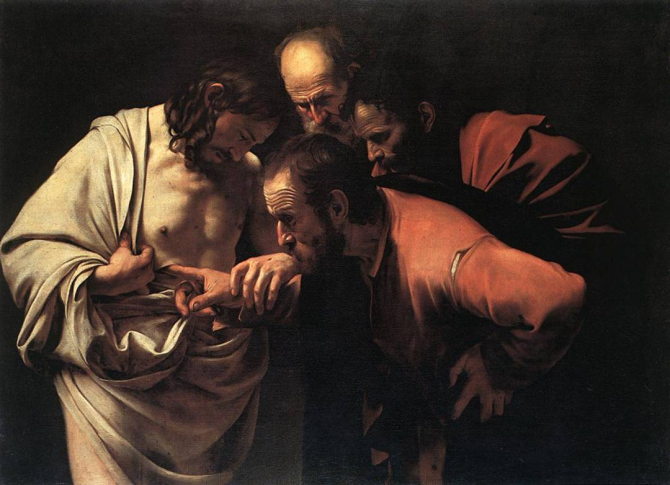
He was a Catholic theologian and philosopher belonging to the Order of Preachers, the main representative of scholastic teaching, one of the greatest figures in systematic theology and, in turn, one of the greatest authorities in metaphysics, to the point of, after of dead, be the reference of several schools of thought: Thomist and Neotomist. He is also known as the Angelic Doctor, Common Doctor and Doctor of Humanity, nicknames given by the Catholic Church, which recommends it for studies in philosophy and theology. His best-known works are the Summa theologiae, a compendium of Catholic doctrine in which he deals with 495 questions divided into articles, and the Summa against Gentiles, a compendium of philosophical apology of the Catholic faith, consisting of 410 chapters grouped into 4 books, written at the request of Raymond of Peñafort. He was also very popular for his acceptance and comments of Aristotle's works, pointing out, for the first time in history, that they were compatible with the Catholic faith. Tomás is owed a rescue and reinterpretation of metaphysics and a work of theology still unparalleled, as well as a theory of law that would be consulted later. Canonized in 1323, he was declared a Doctor of the Church in 1567 and patron saint of Catholic universities and study centers in 1880. His feast day is celebrated on January 28.
TOP 12:
Voltaire (1694-1778)
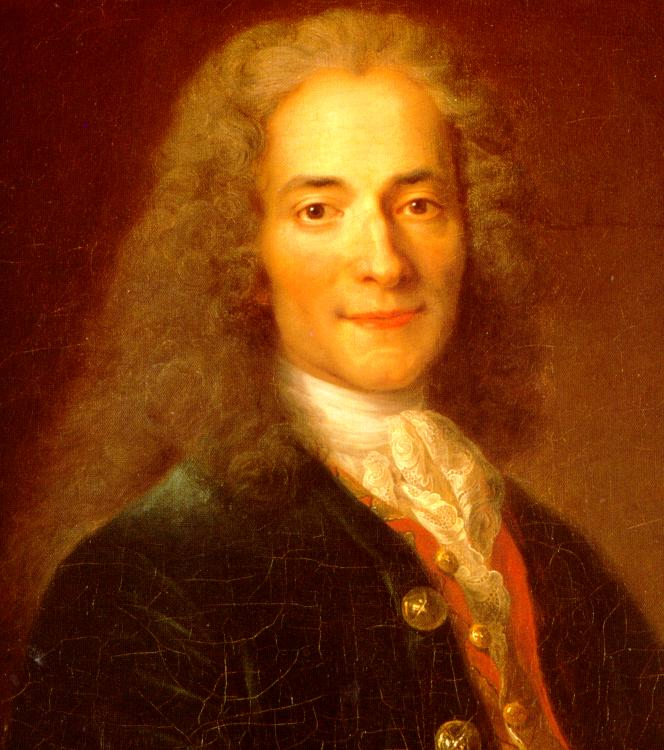
Better known as Voltaire, he was a French writer, historian, philosopher and lawyer who figures as one of the main representatives of the Enlightenment, a period that emphasized the power of human reason, of science and respect for humanity. In 1746 Voltaire was elected a member of the French Academy in which he held the 33rd seat.
TOP 11:
Noam Chomsky (1928)
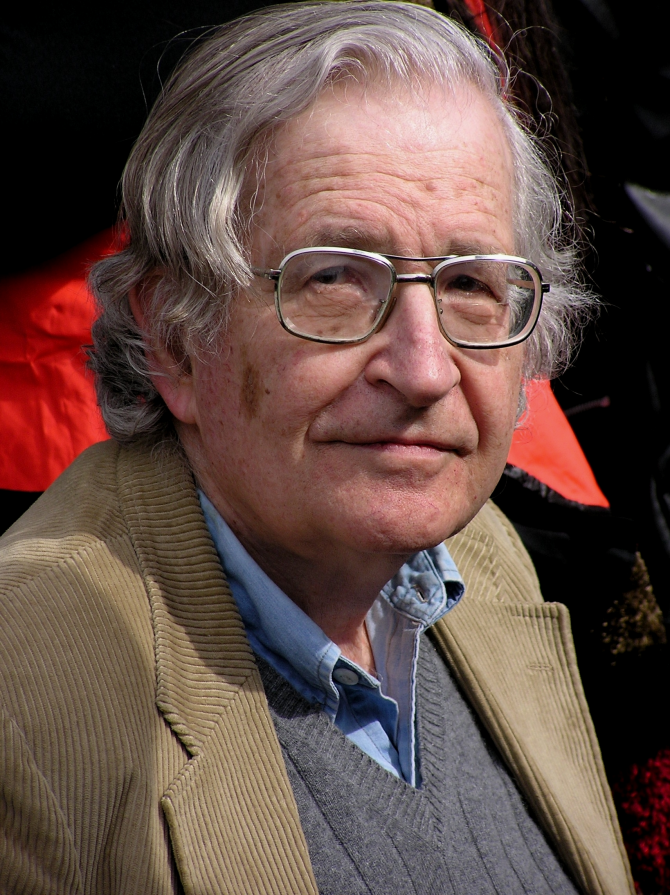
and one of the most prominent figures of linguistics of the twentieth century, thanks to his work in linguistic theory and cognitive science. It is also recognized for its political activism, characterized by a strong criticism of contemporary capitalism and foreign policy of the United States. He has politically defined himself as an anarchist or socialist libertarian. It has been pointed out by the New York Times as "the most important of contemporary thinkers."
TOP 10:
San Agustin (354-430)
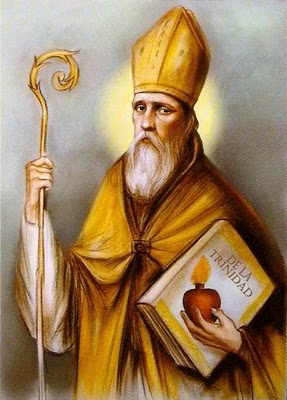
He is a saint, father and doctor of the Catholic Church. The "Doctor of Grace" was the greatest thinker of Christianity of the first millennium and according to Antonio Livi one of the greatest geniuses of humanity. A prolific author, he devoted much of his life to writing about philosophy and theology, Confessions and The City of God being his most outstanding works.
TOP 9:
Rousseau (1712-1778)
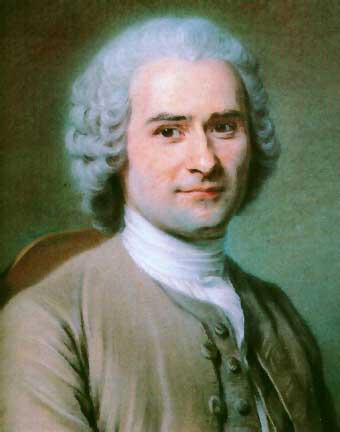
he was a polymath: writer, philosopher, musician, botanist and Franco-Helvetic naturalist defined as an enlightened one; despite the profound contradictions that separated him from the main representatives of the Enlightenment. Rousseau's political ideas greatly influenced the French Revolution, the development of republican theories and the growth of nationalism. His inheritance of a radical and revolutionary thinker is probably best expressed in his two most famous phrases, one contained in the social contract: "Man is born free, but everywhere he is chained"; the other, present in his Emilio, or of education: «Man is good by nature», hence his idea of the possibility of education.
TOP 8:
Nicolas Machiavelli (1469-1527)
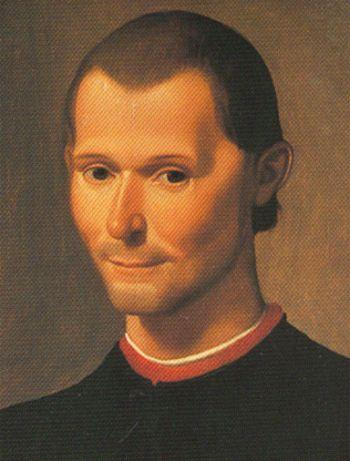
He was a diplomat, public official, political philosopher and Italian writer. He was also a relevant figure of the Italian Renaissance. In 1513 he wrote his treatise on political doctrine entitled The Prince, published posthumously in 1531 in Rome.
TOP 7:
Bertrand Rusell (1872-1970)
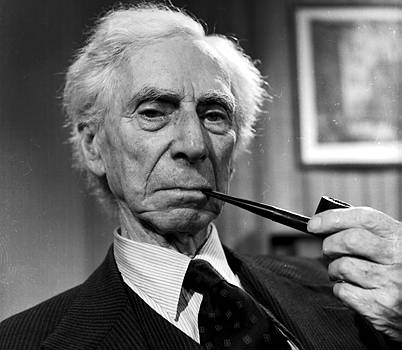
He was a British philosopher, mathematician, logical writer and Nobel Prize winner and known for his influence on analytical philosophy, mathematical works and social activism. He married four times and had three children.
TOP 6:
Rene discards (1596-1650)
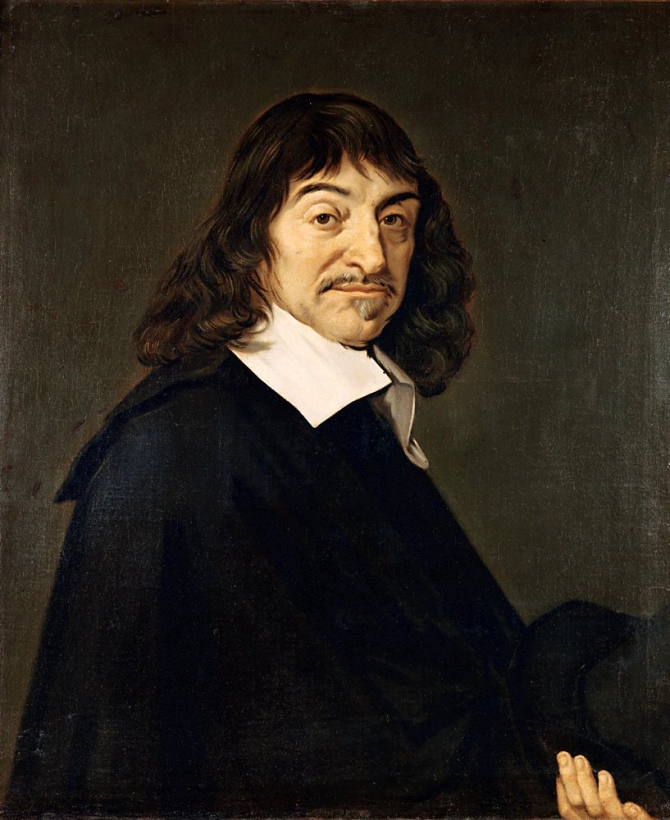
also called Renatus Cartesius, he was a French philosopher, mathematician and physicist, considered the father of analytical geometry and modern philosophy, as well as one of the most prominent names of the scientific revolution.
TOP 5:
Immanuel Kant (1724-1804)
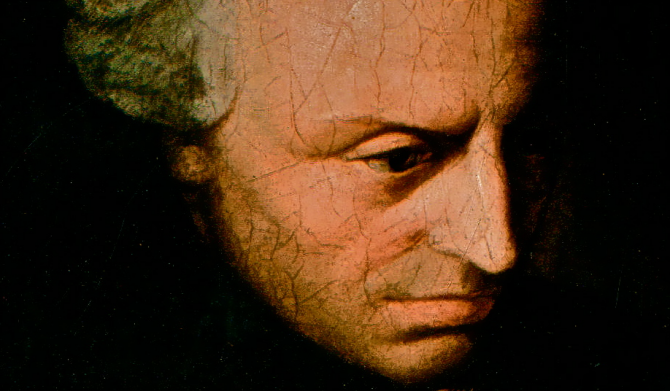
He was a Prussian philosopher of the Enlightenment. He is the first and most important representative of criticism and forerunner of German idealism and is considered one of the most influential thinkers of modern Europe and of universal philosophy.
TOP 4:
Socrates (469-399 Ac)
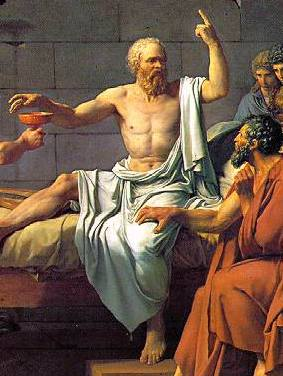
He was an Athenian classical philosopher considered one of the greatest, both in Western and universal philosophy. He was a teacher of Plato, who had Aristotle as a disciple, these three being the fundamental representatives of the philosophy of Ancient Greece.
TOP 3:
Aristotle (384-322 Ac)
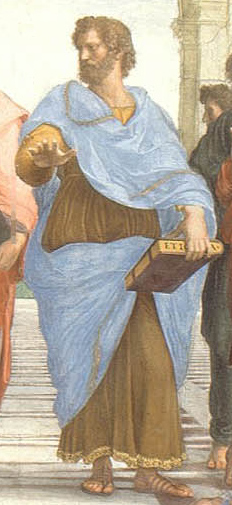
He was a polymath: philosopher, logic and scientist of Ancient Greece whose ideas have exerted an enormous influence on the intellectual history of the West for more than two millennia.
TOP 2:
Platon (427-347 Ac)
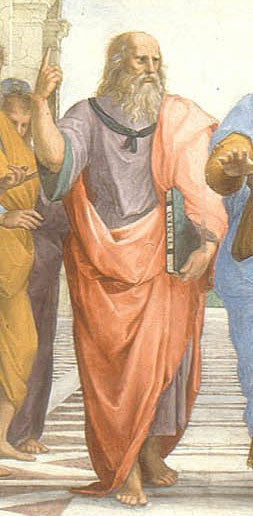
He was a Greek philosopher who followed Socratesn. and teacher of Aristotle. In 387 he founded the Academy, an institution that would continue its march for more than nine hundred years. 3 and to which Aristotle would come from Estagira to study philosophy around 367, thus sharing about twenty years of friendship and work with his teacher. 4 Plato actively participated in the teaching of the Academy and wrote, always in the form of dialogue, on the most diverse topics, such as political philosophy, ethics, psychology, philosophical anthropology, epistemology, gnoseology, metaphysics, cosmogony, cosmology, language philosophy and philosophy of education; He also tried to capture his original political theory in a real state, which is why he traveled twice to Syracuse, Sicily, with the intention of implementing his project there, but failed both times and managed to escape painfully and risking his life due to the persecutions he suffered from his opponents
TOP 1:
Friedrich Nietzsche (1844-1900)
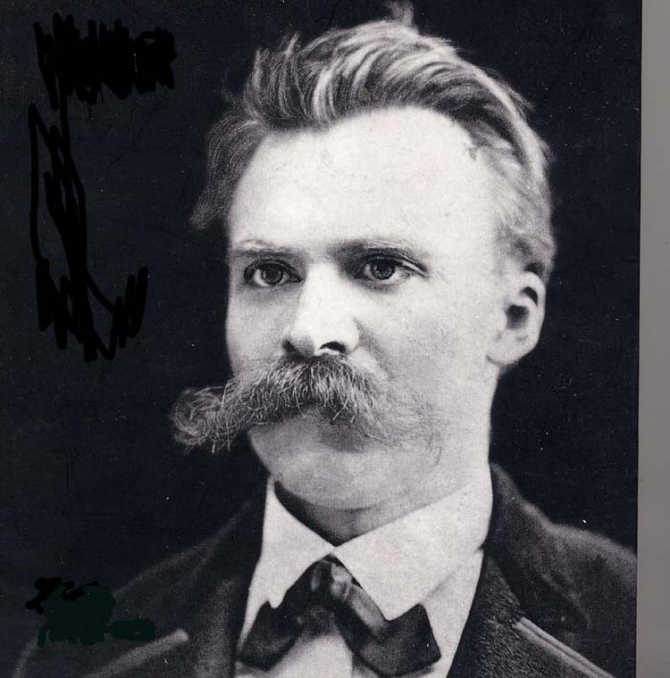
He was a German philosopher, poet, musician and philologist, considered one of the most influential contemporary thinkers of the nineteenth century.

